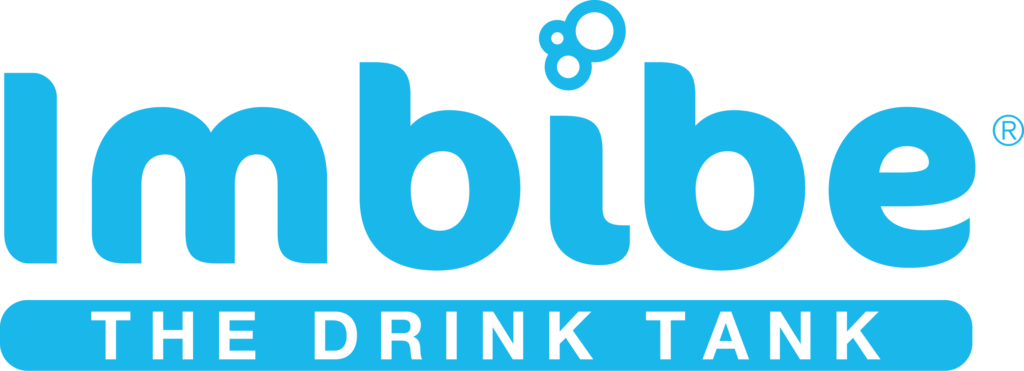Organic products were once only found at specialty retailers like Whole Foods or in a single aisle at a traditional supermarket, but they have experienced explosive growth over the last decade because of the clean label movement. Today, consumers can find organic products in most aisles of a grocery store, at C-stores, and even at some dollar stores.
According to the Organic Trade Association (OTA), organic food and beverage makes up the majority of organic product sales. The trend has given rise to leading brands developing organic offerings, and several private label organic brands coming into existence like Simple Truth, O Organics and Simply Organic. Of course, there is still an abundance of smaller brands with organic offerings, though several of them have been acquired by major players.
The rampant growth of this market certainly opens opportunities for food and beverage brands, but also poses challenges for the manufacturers who supply many of the ingredients that go into these products. There are two key considerations we bring up to clients who want to develop an organic product—supply and cost—but there are regulatory considerations as well. The following is a breakdown of the top three supply chain considerations for developing organic food or beverage products.
Read the full article on Natural Products Insider.



